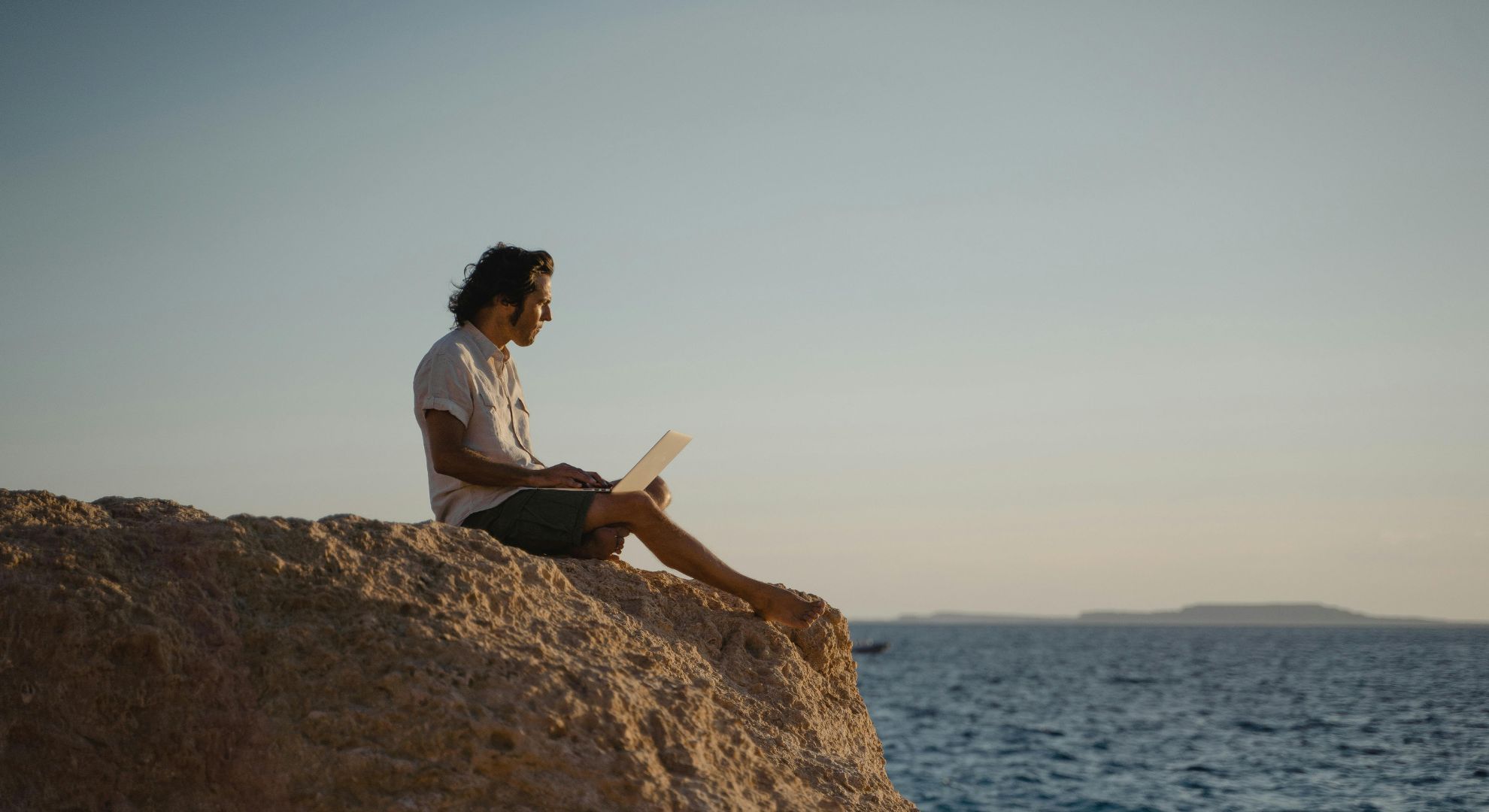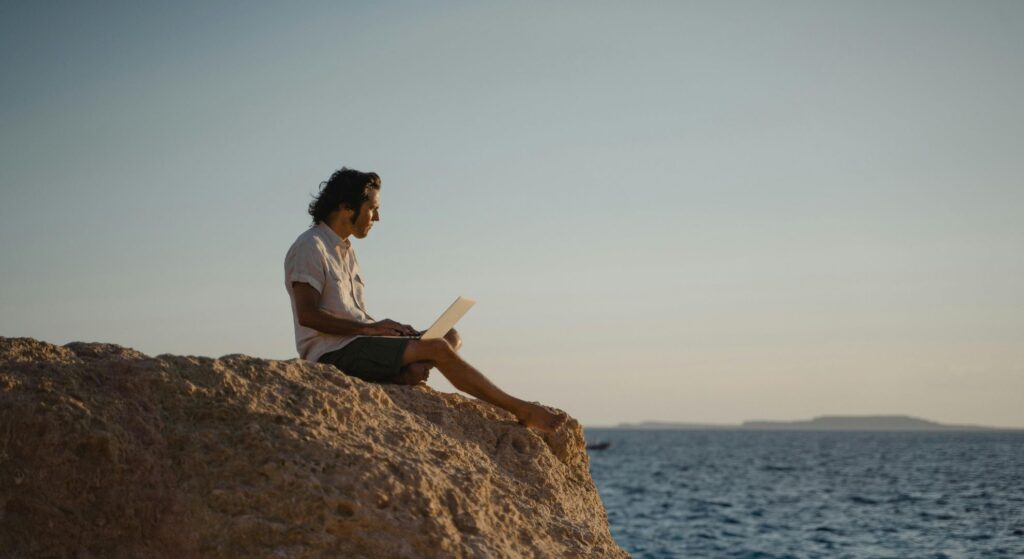In contemporary society, millennials and Gen Z often face scrutiny for their unconventional approach to life. While Boomers and Gen X may perceive resting when fatigued as a sign of weakness, these younger generations advocate for a more balanced and mindful lifestyle, despite living in a world driven by countless due dates and deadlines.
This attitude can also be observed in the workplace, where several reports claim that millennials and those belonging to Generation Z are shaping their future. Contrary to the workaholic culture often associated with previous generations, millennials and Gen Z value work-life balance as essential for overall happiness and productivity.
Just this month, this concept has been proven and backed up once again with a recent survey by The Harris Poll in the United States, which involved 1,170 American workers from different generations.
In it, statistics revealed that out of the total number of respondents, 78%, mostly young professionals, do not take their paid time off (PTO).
Now, while it might seem like they are tirelessly glued to their screens or stationed at their desks, a growing number of these professionals are actually discreetly taking breaks without formally tapping into their paid time off (PTO) or informing their employers, a practice now referred to as ‘quiet vacationing.’
Libby Roney, Chief Strategy Officer at the Harris Poll, explains that this behavior arises from the apprehension and pressure felt by millennials and Gen Z. They have concerns about being perceived as less committed to their work, potentially hindering or jeopardizing their career progression. Consequently, many would opt to sidestep established leave protocols just to afford themselves the much-needed relaxation they seek.
Certainly, this trend isn’t without its drawbacks. From strained relationships with supervisors to the negative impacts on mental health one may face due to the stress of concealing the absence, it’s evident that ‘quiet vacationing’ poses its own set of struggles.
However, despite these worries, the rise of it undoubtedly sheds light on a deeper issue within the work culture present to this day.
The same survey revealed that the majority of American workers are experiencing a shift where the boundaries between work and personal life aren’t as clear-cut as they once were. This is largely due to the pervasive presence of technology, which creates an expectation to always be available and productive, aside from the belief that “America has a culture that glorifies being busy.”
Regrettably, this occurrence is not confined to the margins of American society. In the Philippines, there has been a longstanding clamor for attaining a healthier life-work balance. A striking demonstration of this can be seen in the data from Cerebo, which highlights that teachers in the Philippines spend at least 400 hours annually outside their compensated working hours.
“This staggering workload takes a toll on their personal lives, well-being, and ability to provide quality education. It is essential to shed light on this chronic problem, and urgently work towards finding solutions that will empower our teachers to create the best learning experiences for our students,” said Justine Itugot, Founder and CEO of Cerebro.
Considering all these, there is a need to address the challenges posed by the prevalence of ‘quiet vacationing’ and the blurred boundaries between work and personal life now more than ever. One solution is to offer longer breaks or days off to employees. Instead of relying solely on a traditional vacation period that ranges from 11 to 20 days, companies can provide opportunities for extended leaves, similar to those mandated by laws in many European countries.
Another approach is to explore alternative work schedules, such as a four-day workweek. A 2023 pilot study carried out by The Day Week Global examined the impact of this strategy on several countries, including the United Kingdom, Spain, and Portugal, among others. Findings revealed that spending reduced days at work improves the overall mental and physical health of employees. This setup also allows them to allocate more time to spend with their loved ones.
To conclude, acknowledging the ongoing challenges surrounding these issues is vital; yet, it also serves as a reminder of the work that lies ahead. However, with continued support from stakeholders and active engagement from all parties involved, progress towards shaping a future where the welfare of each person is esteemed and given precedence, both within the workplace and beyond, may not remain a legend but as a reality in which we are all a part of.
Other POP! stories that you might like:
‘Work Smarter, Not Harder’: Book author claims practicing ‘quiet quitting’ can boost productivity
Tech CEO believes ‘pain and suffering’ cultivate greatness
[Commentary] ‘Screen to Senate’: Why do Filipinos love celebrities in politics?
Commentary: Could it be time for a local ‘digitine’ movement?
Some Filipinos will scream ‘Filipino pride’ no matter what, even if wrong




